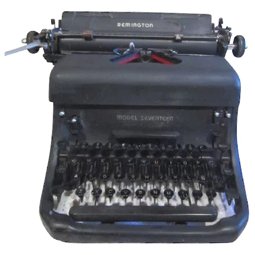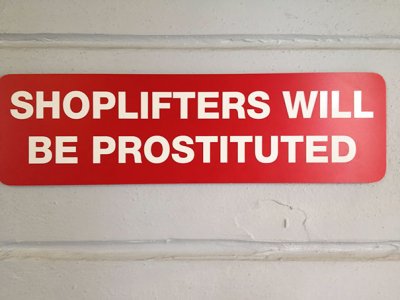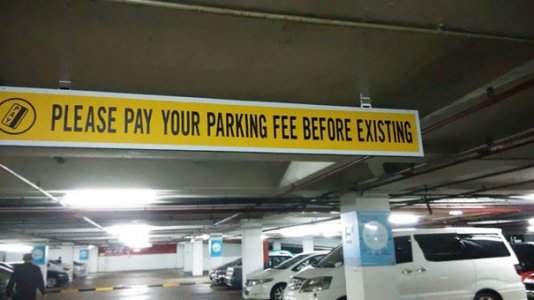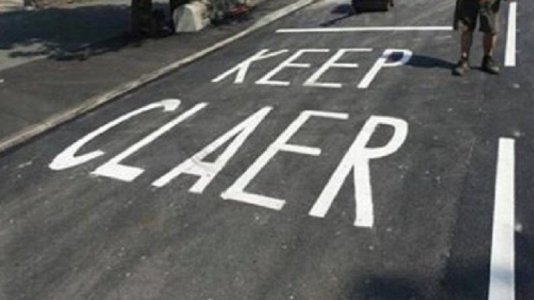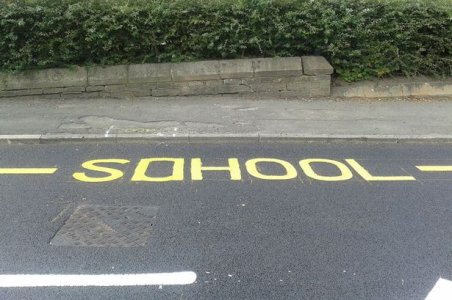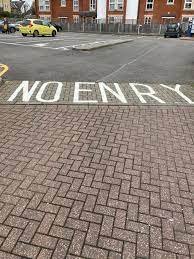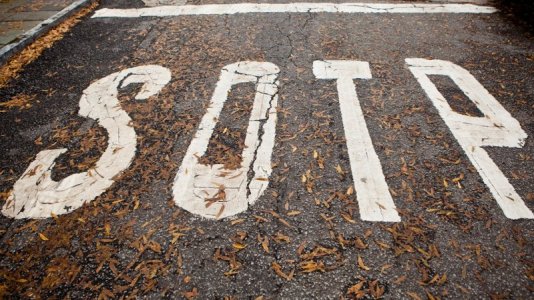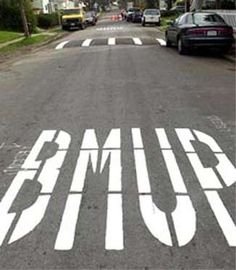That is one of those urban myths that took root. On April 1, 1789, Frederick Muhlenberg was chosen as the first speaker of the House of Representatives. Muhlenberg’s father, Henry, was born in Germany, and he played
an important role in the establishment of the Lutheran Church in the Colonies.
The late German academic Willi Paul Adams
published a study in 1990 that included an explanation of why so many people believed Muhlenberg acted to block a congressional resolution that would have made German the national language.
“Fascinating for Germans, this imagined decision has been popularised by German authors of travel literature since the 1840s and propagated by some American teachers of German and German teachers of English who are not entirely secure in their American history,” Adams wrote.
“In reality, this presumed proposition was never brought to the congressional floor and a vote was never taken,” he added.
